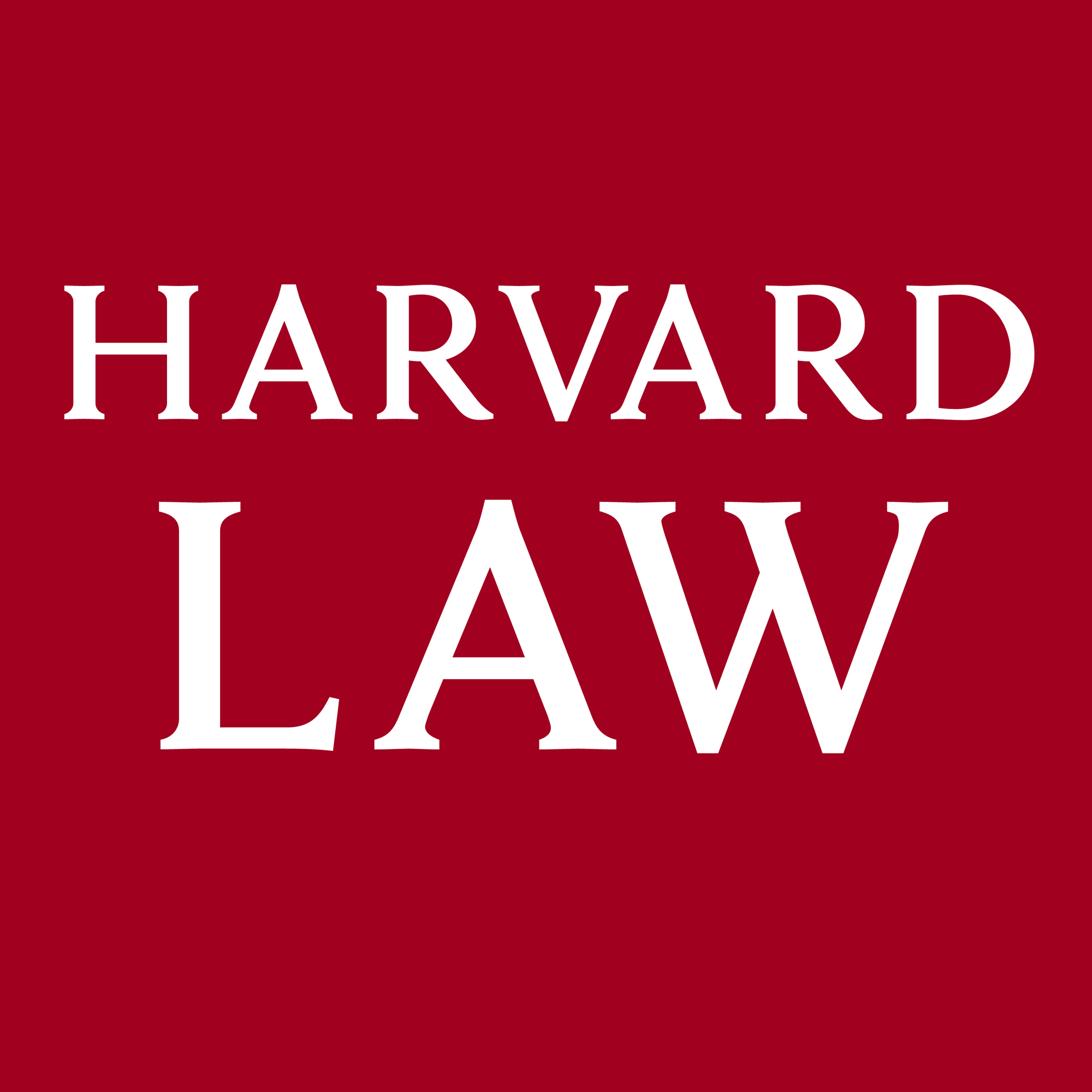Session #1: The Problem & the Moment: Diagnosing the American Penal System
Friday, Sept. 18, 12:00 – 1:30 p.m.
The U.S. criminal system has become internationally infamous for mass incarceration and its disproportionate impact on poor people of color. Police violence against African Americans is one of the most dramatic examples of this systemic failure. Black people are 2.5 times more likely to be shot and killed by police than are white people; unarmed black people are five times more likely to be killed. A black man has a 1 in 1,000 chance of being killed by police during his lifetime. This panel will analyze the broad contours of the penal system and how to understand the persistently racial character of its policing. It will also examine the spring of 2020 and consider why and how the death of George Floyd catalyzed the most widespread protests for racial justice in policing in a generation.
Speakers:
Session #2: The Limits to Accountability: Police, Prosecutors, and Qualified Immunity
Friday, October 16, 12:00 – 1:30 pm
American policing is light on regulation. The U.S. constitution confers vast discretion on police officers to stop, arrest, and to deploy force. Prosecutors have historically been reluctant to interfere with the police function or to punish police who have violated the law. The doctrine of qualified immunity has stymied civil rights interventions. This panel will discuss the legal and political barriers to police accountability, and how this moment might fuel greater oversight.
Speakers:
Session #3: Police Unions and Politics
Friday, Nov. 13, 12:00 – 1:30 p.m.
Police unions are influential players in the criminal institutional landscape, and have long been recognized as barriers to police accountability and reform. In particular, collective bargaining agreements typically insulate police from the consequences of their misconduct, including unjustified killings. These agreements have also impaired public access to information about officer misconduct. Police unions are also often powerful lobbyists and political donors within local and national electoral politics that determine criminal justice policy. At the same time, police union reform could have complex implications for other public sector unions and for the American labor movement more broadly. This panel will explore the powerful role of police unions, their history, current practices and controversies, and how they might become part of an improved policing landscape.
Speakers:
Session #4: The Economics of Policing
February 12, 2021
The U.S. criminal system is a powerful mechanism for the generation and redistribution of wealth, and policing is central to that function. Historically, a broad array of governmental entities have been known to use policing to control the labor pool, to generate revenue, and to redistribute resources away from heavily policed populations. This panel will discuss these and other economic contours of the policing function.
Speakers:
Session #5: Documentary Premiere: Racially Charged: America’s Misdemeanor Problem
Thursday, March 11, 2021, 3:30-5:00 p.m.
Racially Charged: America’s Misdemeanor Problem is a new documentary about the racial history and modern discrimination of the American misdemeanor system. Inspired by Professor Alexandra Natapoff’s book Punishment Without Crime, the film was produced by Brave New Films and directed by Robert Greenwald. Running time: approximately 30 minutes. The film will be followed by a panel discussion. Watch the live-stream on YouTube.
Speakers:
Session #6: Activism and Engagement: What Can Lawyers Do?
April 2, 2021
Lawyers and courts have played a central role in every major social movement in American history, from the labor movement to the civil rights movement to the LGBTQ movement. At the same time, law is often seen as part of the status quo and a barrier to change. This panel of Harvard Law School educators will discuss the role of law, lawyers, and scholarship in the current social movement for racial justice and change in the criminal system.
